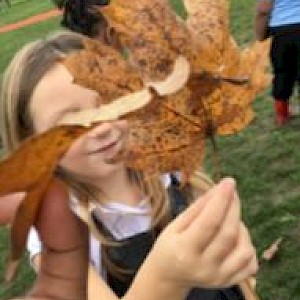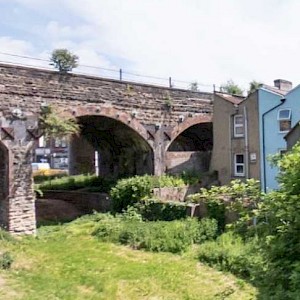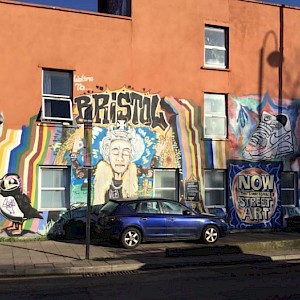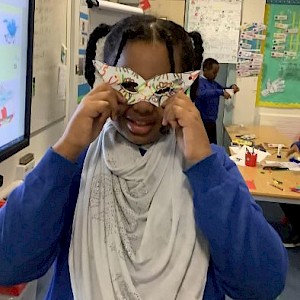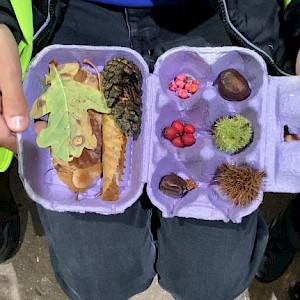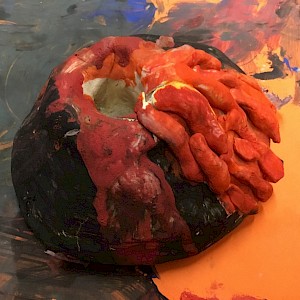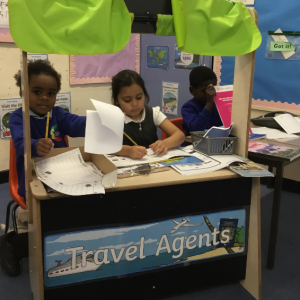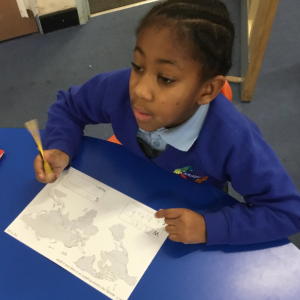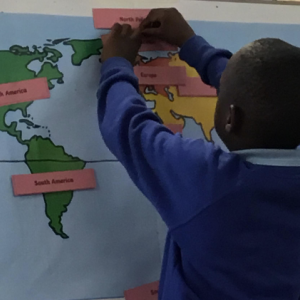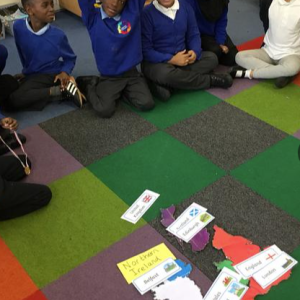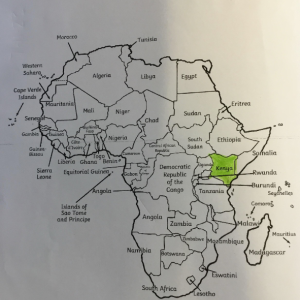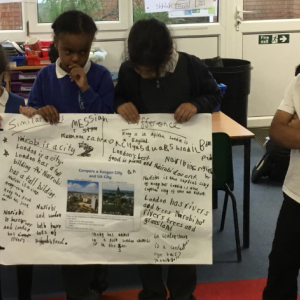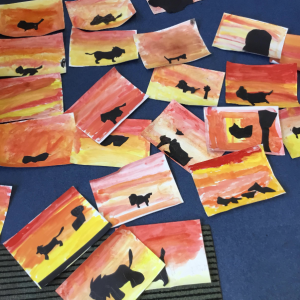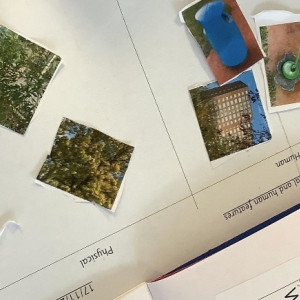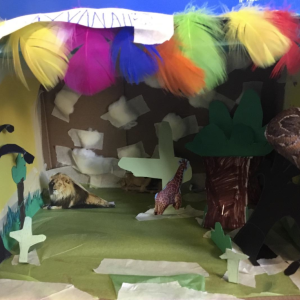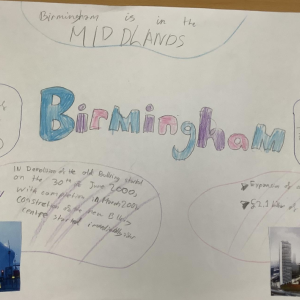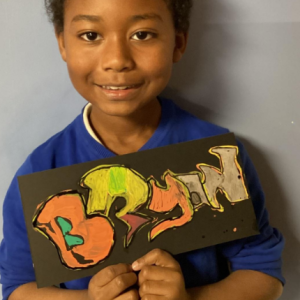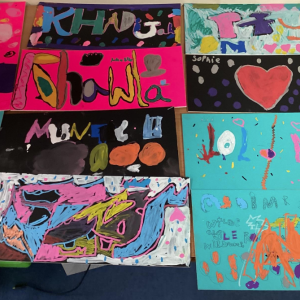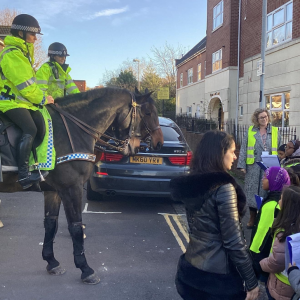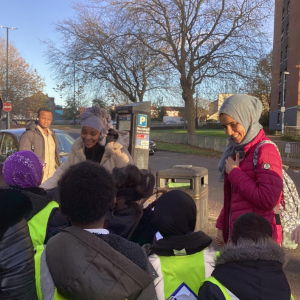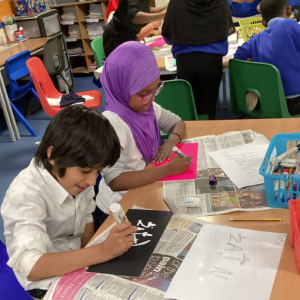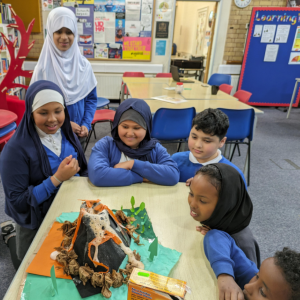Geography at Easton
Curriculum Intent:
- At Easton CE Academy we value Geography as an important part of the children's entitlement to a broad and balanced curriculum.
- We believe that Geography helps to provoke and answer questions about the natural and human worlds, encouraging children to develop a greater understanding of their world and their place in it.
- As pupils progress, their growing knowledge about the world should help them to deepen their understanding of the interaction between physical and human processes, and of the formation and use of landscapes and environments.
- We want our children to gain confidence and practical experiences of geographical knowledge, understanding and skills that explain how the Earth’s features at different scales are shaped, interconnected and change over time.
Implementation:
- In EYFS pupils are given daily opportunities to explore, observe and find out about people, places, technology and the environment as part of their Understanding the World curriculum area.
- Geography is taught through unit based work in each year group. We teach about our local area and the wider UK from EYFS – Year 3, moving onto Europe and the wider world in Years 4-6.
- A skills progression is used to ensure that pupils learn a range of geographical skills progressively across the school.
- Mapping skills are taught in each year group ranging from identifying landmarks in our location and creating aerial maps to understanding how to use an atlas to identify different places and geographical features.
- Educational visits are embedded into our curriculum to ensure pupils have many opportunities to explore the local and wider area.
National Curriculum in England
The national curriculum for geography aims to ensure that all pupils:
- develop contextual knowledge of the location of globally significant places – both terrestrial and marine – including their defining physical and human characteristics and how these provide a geographical context for understanding the actions of processes
- understand the processes that give rise to key physical and human geographical features of the world, how these are interdependent and how they bring about spatial variation and change over time
- are competent in the geographical skills needed to:
- collect, analyse and communicate with a range of data gathered through experiences of fieldwork that deepen their understanding of geographical processes
- interpret a range of sources of geographical information, including maps, diagrams, globes, aerial photographs and Geographical Information Systems (GIS)
- communicate geographical information in a variety of ways, including through maps, numerical and quantitative skills and writing at length.
